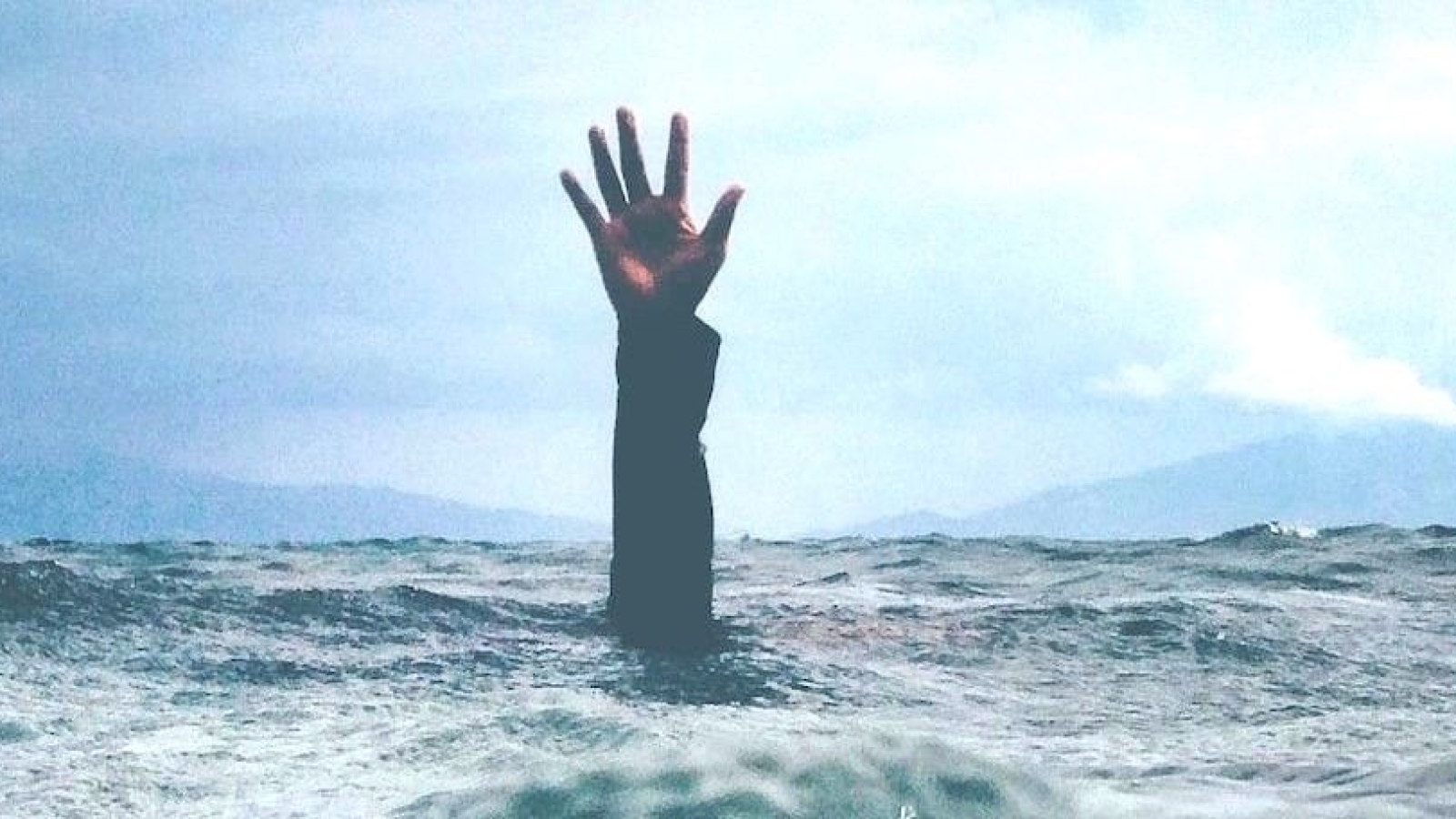2 November 2022 is Stress Awareness Day. Organised by the UK charity Rethink Mental Illness, it aims to highlight the ways stress affects people and what can be done to manage stress before it becomes a real problem. Their vision is for equality, rights, fair treatment and to maximise the quality of life for all those affected by mental illness, their carers, family and friends.
Stress is the body’s method of reacting to a situation such as a threat, challenge or physical and psychological barrier. Be it, physiological, biological, or psychological stress is your response to a stressor be it an environmental condition or external stimulus.
Some stress can be useful. It can motivate you to take action or complete important tasks. It can also make you feel alive and excited, such as when you ride a rollercoaster. But too much stress can cause negative effects such as a change in your mood, your body and relationships.
When we are stressed, our body releases stress hormones such as adrenaline and cortisol. These chemicals help you to deal with pressure or threats. And our stress hormone levels quickly return to normal once the situation has passed. But what happens if the stress (pressure or threat) doesn’t pass? Long term or continual exposure to stress will start to affect your mental and physical health.
So what can you do? Well, do you know what stresses you? Perhaps keep a diary of how you feel and when you feel stressed. This may highlight a task, interaction or situation that causes you stress and that is the first step to resolving it.
Some common causes of stress are concerns around housing, money and employment. We can’t all be experts at everything, so don’t be afraid to ask for help and advice from experts. Useful sources of advice in the UK include organisations such as StepChange, Citizens Advice and National Debtline. Another common source of stress is a lack of time or having too much to do. Learning to say no to more responsibility, prioritising tasks and planning you time effective can help. Tips such as writing lists of what you need to do, prioritise the most important tasks and sharing tasks with others can all help. As William James (American Philosopher) said, “The greatest weapon against stress is our ability to choose one thought over another”.
Other sources of stress can be lifestyle and diet related. So limiting the amount of caffeine you consume, taking regular exercise, getting enough sleep and eating a balanced diet are all important.
Other methods to reduce stress include practising mindfulness, using meditation, aromatherapy or yoga and, of course, Hypnotherapy. I have made a short video about how hypnotherapy can help with stress. If you think it could help you with stress or anything else then contact me.


